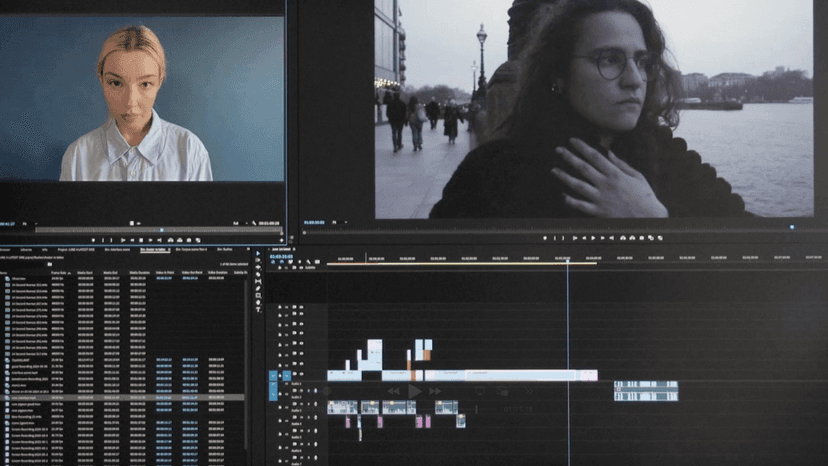Home / Technology / Documentarians Confront AI's Ethical Challenges in Filmmaking
Documentarians Confront AI's Ethical Challenges in Filmmaking
17 Nov, 2025
Summary
- Documentarians discuss best practices and warnings around AI use in films
- AI used to obscure identities and modify voices in sensitive documentaries
- Concerns raised about AI-generated footage eroding trust in media and archives

In November 2025, leading documentarians gathered at the International Documentary Film Festival Amsterdam (IDFA) to discuss the pressing issue of AI technology and its impact on the documentary film industry. The discussion centered around the possibilities and consequences of AI, as the form of documentary filmmaking is often tied to notions of truth and reality.
Oscar-nominated U.S. director and investigative reporter David France, who was at IDFA with his Sundance-breakout doc "Free Leonard Peltier," recalled using AI to obscure the identities of persecuted LGBTQIA individuals in his 2020 film "Welcome to Chechnya." This groundbreaking process, which involved digitally superimposing other people's faces onto the original subjects, was a necessary measure to protect their safety.




